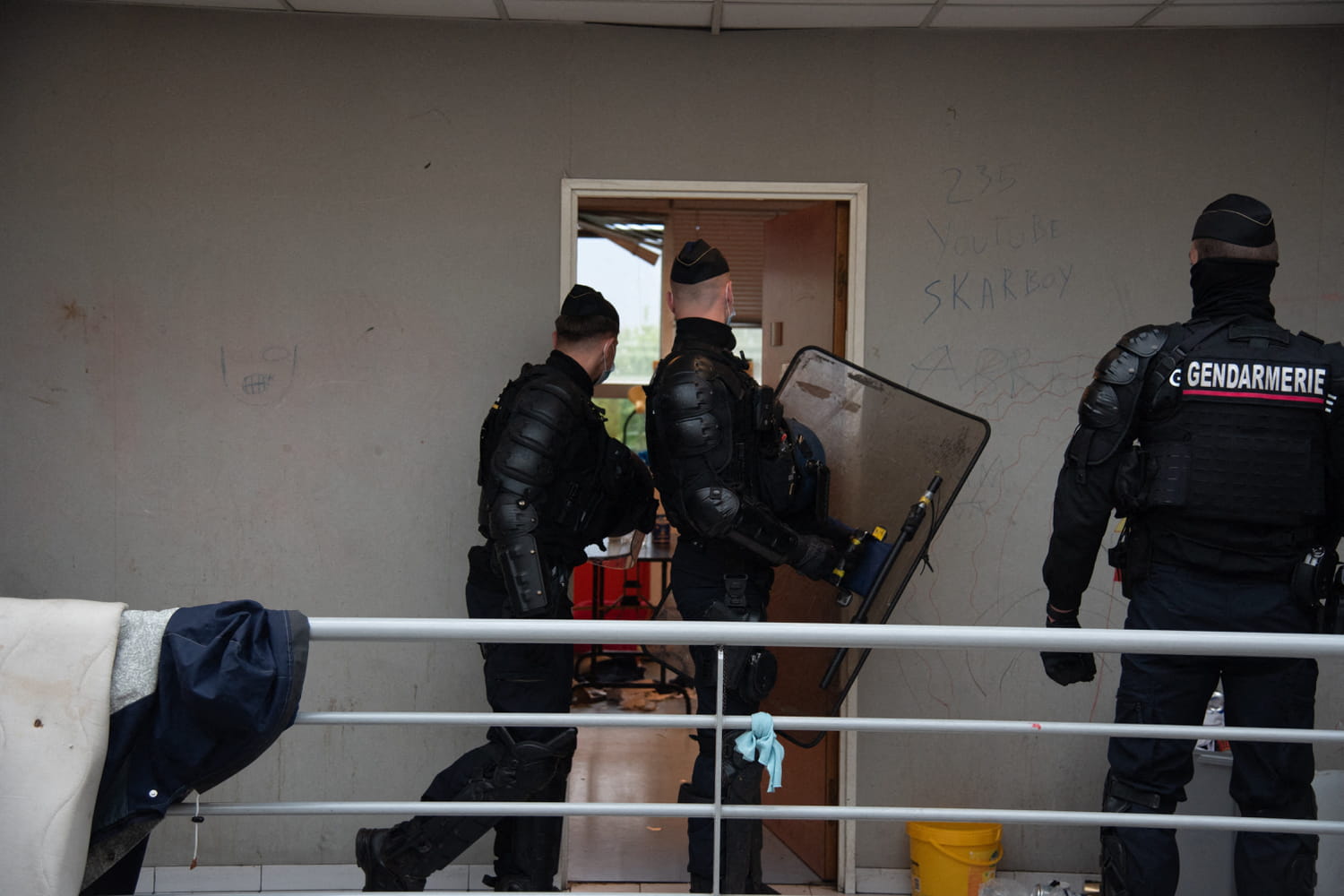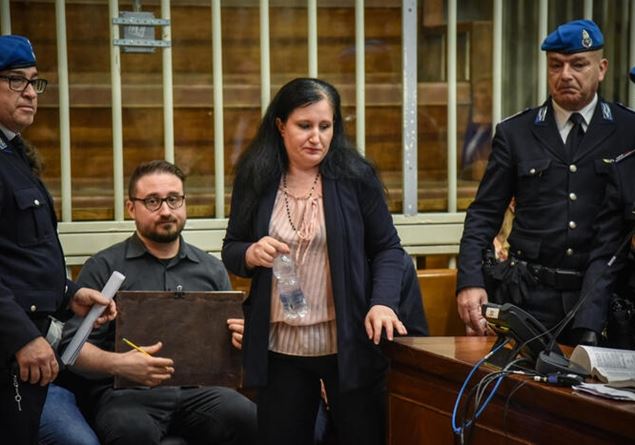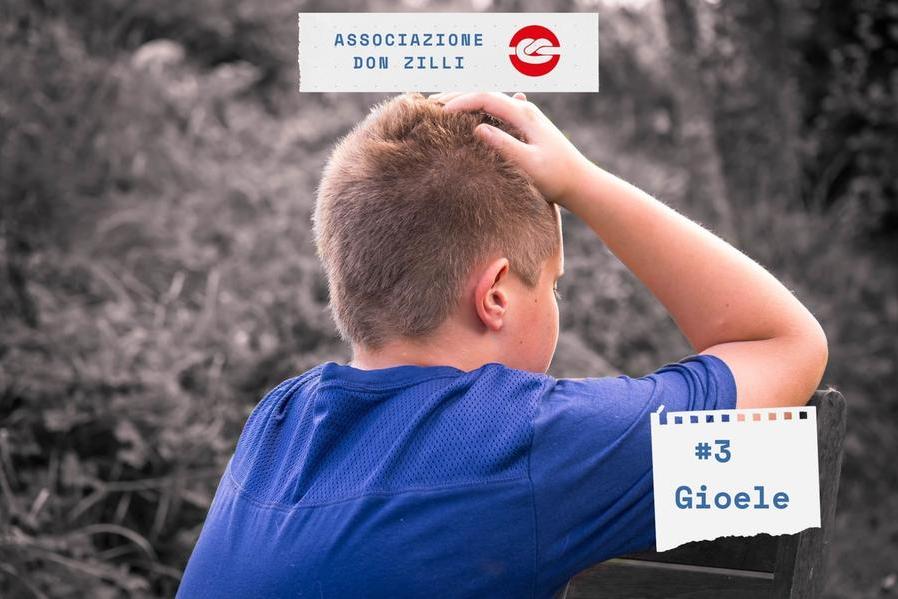The reduction of Alessia Pifferi’s sentence from life imprisonment to 24 years of imprisonment has generated many reactions. The woman had left her 18-month-old daughter to die, abandoning her at home alone for several days, while she had gone to stay with her partner at the time, telling him that she had entrusted her to other people. The reduction of the sentence was motivated by the judges with the exclusion of the aggravating circumstance of trivial reasons and with the recognition of generic mitigating factors. The Court of Assizes appears to have accepted the request of Pifferi’s defense to consider his cognitive delay. Those fewer years of punishment were due to the recognition of an objectively reduced ability to produce conscious and effective thought. Based on these reasons, the prolonged abandonment of his daughter Diana, in his mind, was probably not related to the desire to cause her death. Simply, her way of acting and thinking made her see as a priority the need to be close to a man she considered an emotional companion, rather than to protect and care for her little girl Diana.
It is very sad to see how much poverty there is in this woman’s life. Poverty in the most complex sense of the word: poverty of words, of meanings, of relationships sought and found. Reading them events, we realize that we are dealing with a person who has nothing to do with anythingwith objective cognitive limitations of which there was evidence in his life history, but which had not been considered at the time the first instance sentence was issued. I too, having expressed myself several times on this case, felt that this woman’s objective guilt, however, had to be considered in the broader context of the social isolation in which she found herself immersed.
A woman with such obvious limitations, once she became a mother, should have been helped, supported, supervised. His parental skills had to be analysed, evaluated and possibly questioned long before the tragic event. Today we are also struck by the fact that this woman’s worst antagonist is her sister, who since the case became public has always described her as guilty and unworthy of any form of compassion and understanding for the crime for which she was convicted. A need, that of the sister, to point the finger and “get out of it”, without perceiving the abyss of co-responsibility that such a fragile family system inhabits. This does not mean that the blame for Diana’s death lies elsewhere, let’s be clear. But it means that if you realize that a family member is incapable of raising a daughter, you cannot remain silent and behave as if nothing had happened.
It is true that the life of a newborn baby has a value that goes beyond any punishment inflicted for its loss, but it is also true that Alessia Pifferi appears more like a victim of herself and of the context in which life has placed her rather than an executioner, to those who look at her life events from outside. Her entire journey is “marginal” and her social invisibility is undoubted if in six days no one has ever asked what happened to that woman and that little girl. Even the romantic elopement that led to the total subversion of the priorities that every mother should find already chosen in her life (without even thinking about it), seems to her to be an inevitable gesture in search of a place in the world to conquer at any cost. Being close to someone was more important for Alessia pifferi than having someone to be close to.
Is this a fault? Certainly yes, if at your side there is a little girl of whom you must take total care because she has none for herself. But that guilt, in the case of Alessia Pifferi, does not concern her alone. It concerns all of us, protagonists of a society that makes “marginal” individuals invisible and then realizes their presence and their very fragile identity only when the limits that inhabit the inside and outside of their lives bring them to the center of crime news.










